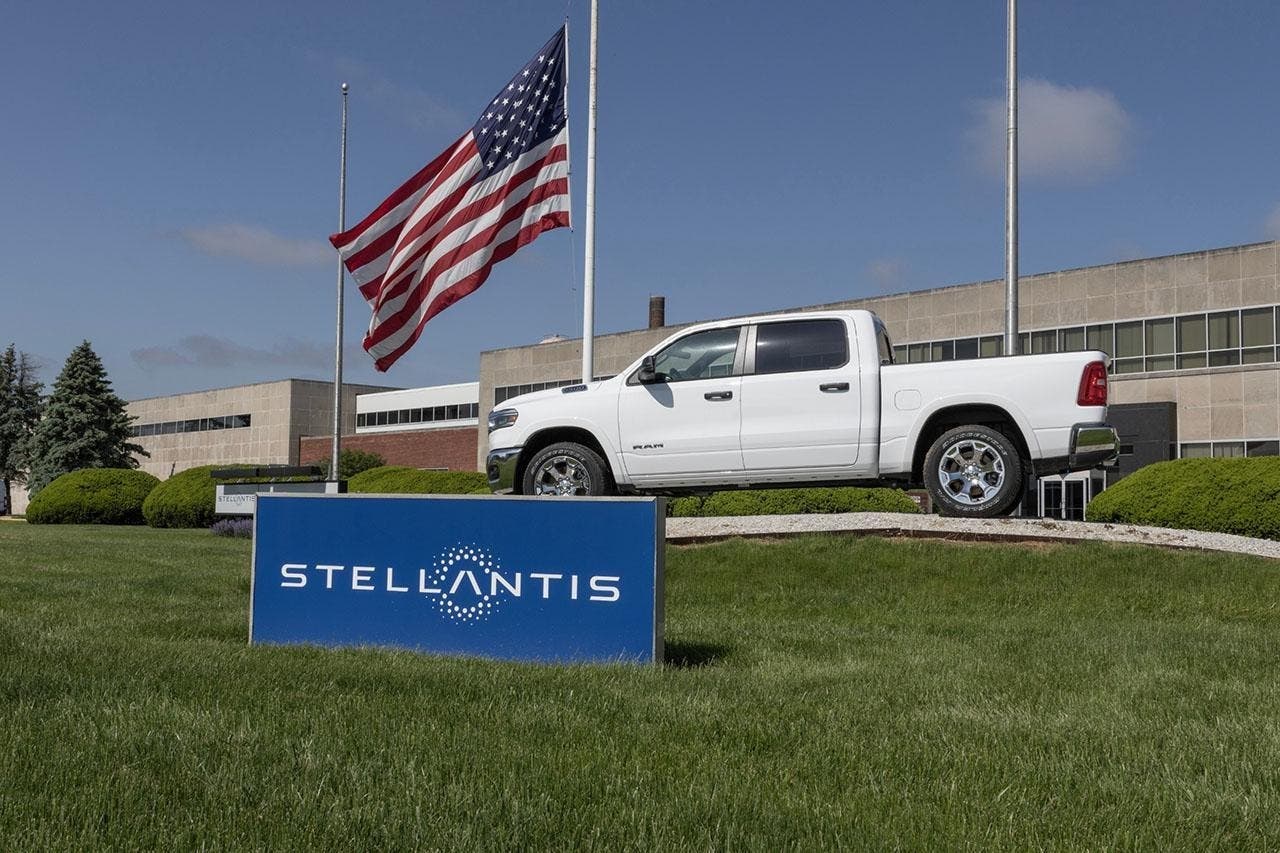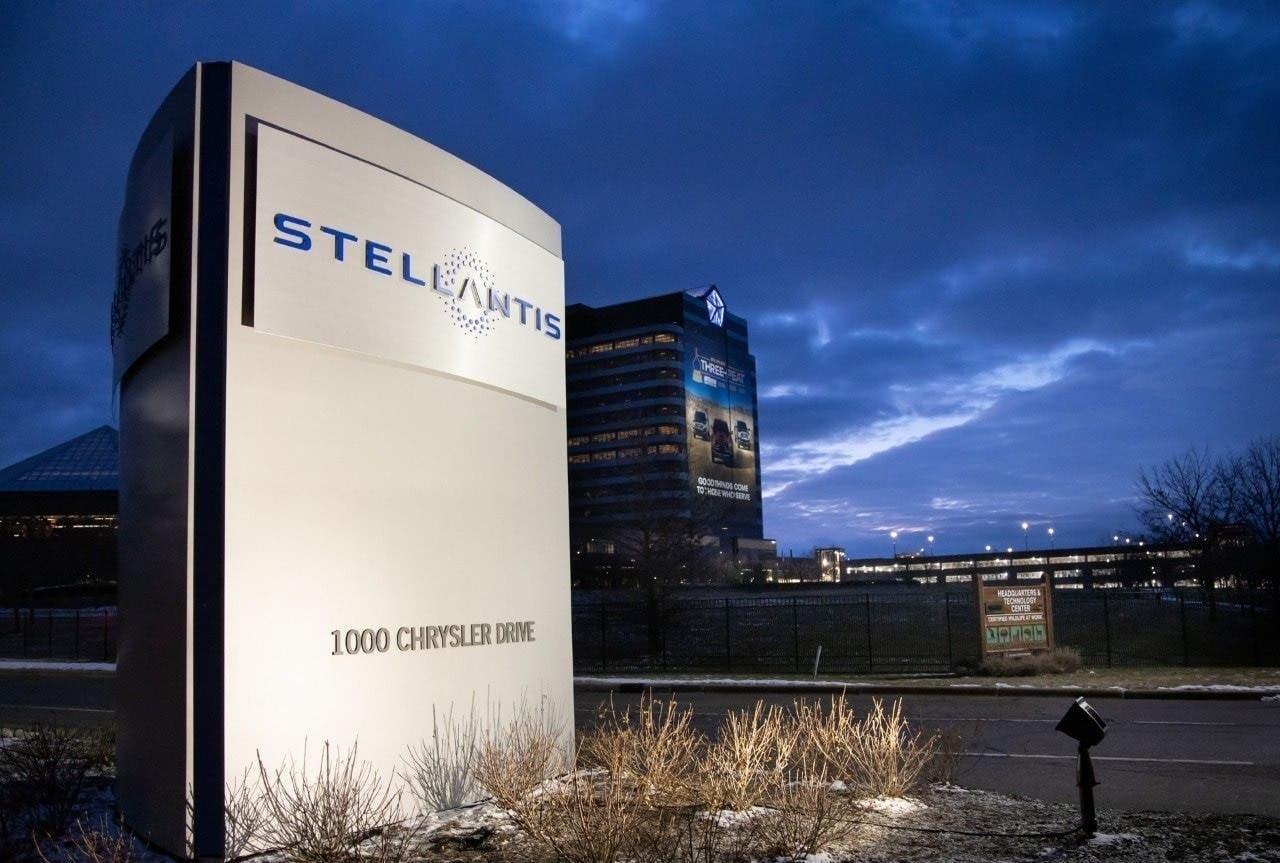The appointment of Antonio Filosa as new CEO of Stellantis has sparked positive reactions especially in the United States, where dealers see the Italian executive as a closer and more attentive figure compared to the past. After years of cold relations with the previous CEO Carlos Tavares, Filosa immediately began to mend ties with the American network, composed of over 2,400 sales points. His openness to dialogue has been particularly appreciated, so much so that the new CEO personally met with some dealers immediately after the announcement of his promotion.
Antonio Filosa new CEO of Stellantis: enthusiasm from US dealers and challenges ahead

The official entry into office, scheduled for June 23, opens a new chapter full of obstacles. Among the priorities is the revival of sales, which are declining both in the United States and globally. Industry operators look to new models arriving between late 2025 and early 2026 as key elements to reverse the trend. But the context is not simple: the electric transition is slowing down, demand struggles to take off, and political uncertainties are forcing Stellantis to reconsider part of its strategic plans.
One of the most delicate issues concerns the impact of trade policies wanted by former President Donald Trump, whose tariffs on vehicles and components from abroad have increased production costs and put pressure on margins. Considering that about 40% of Stellantis sales in the USA comes from imported products, Filosa will have to evaluate the opportunity to relocate part of production within US borders, a choice that would entail important industrial and economic consequences.
The manager, Italian and resident in Michigan, brings with him a wealth of experience gained over more than two decades within the group and its previous incarnations. After leading the Jeep brand and coordinating the development of the South American region, Filosa quickly climbed the hierarchy: in 2023 he assumed responsibility for North America and, subsequently, for the entire Americas area and product quality. His journey was thus completed with the appointment as CEO, at a time when Stellantis aims to relaunch itself in crucial markets.

Beyond commercial challenges, the group will also have to face a structural problem in relations with suppliers. In recent years Stellantis has been among the worst automotive companies in terms of collaboration with component manufacturers, according to several industry studies. Improving these relationships will be fundamental not only to strengthen the supply chain, but also to address problems related to vehicle quality, a theme that remains central in an increasingly competitive market.
With extensive operational experience and an international profile behind him, Filosa now has the task of consolidating stakeholder confidence and guiding Stellantis toward a new phase of growth. The initial support from the American network is an encouraging sign, but the road ahead is anything but simple.
